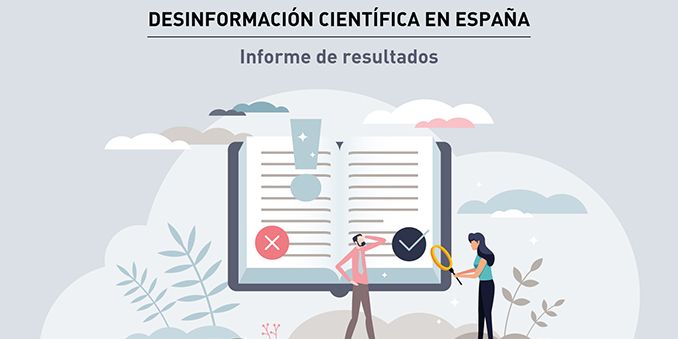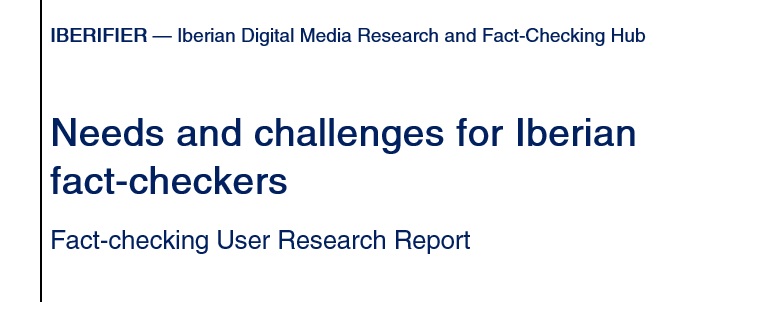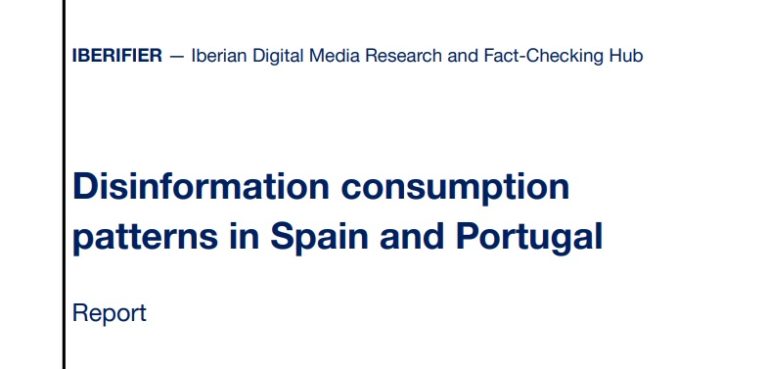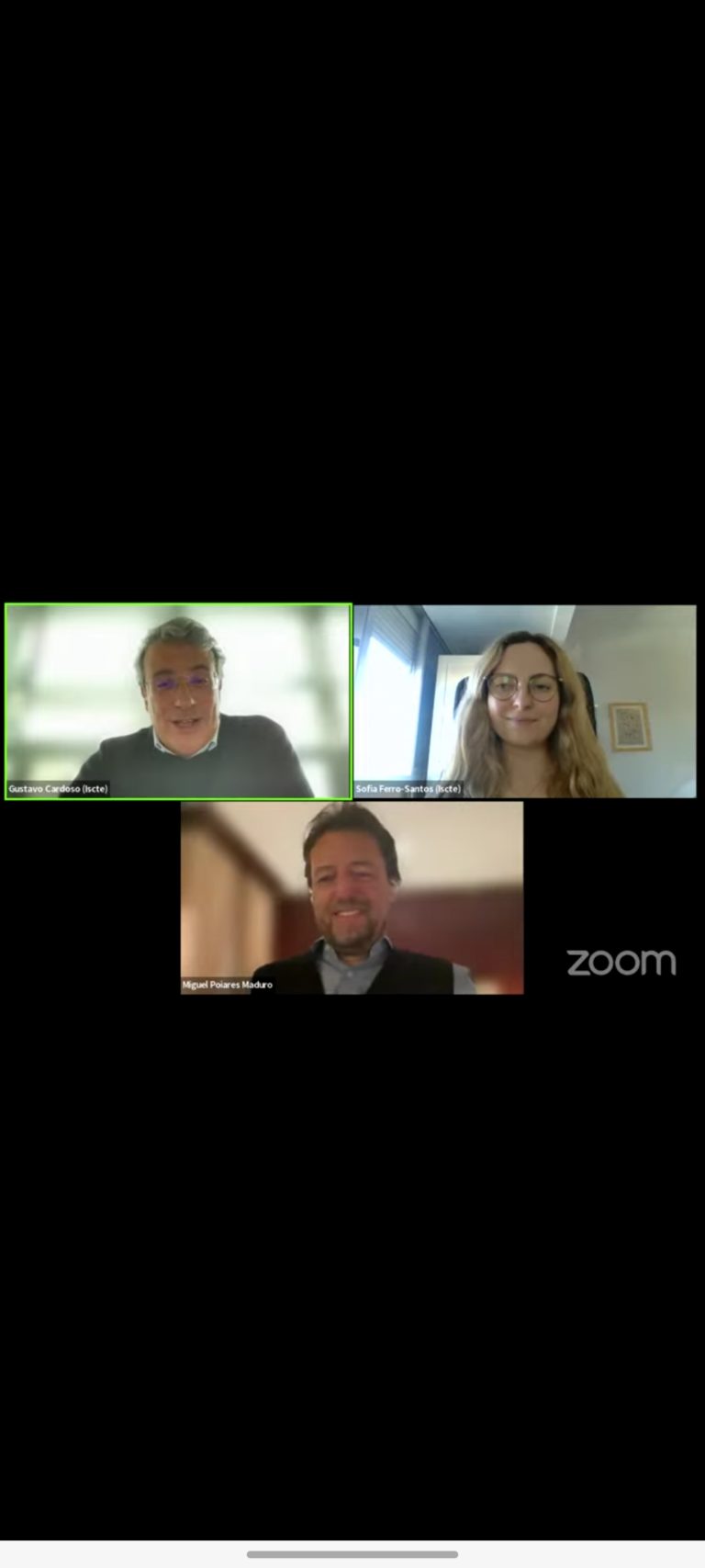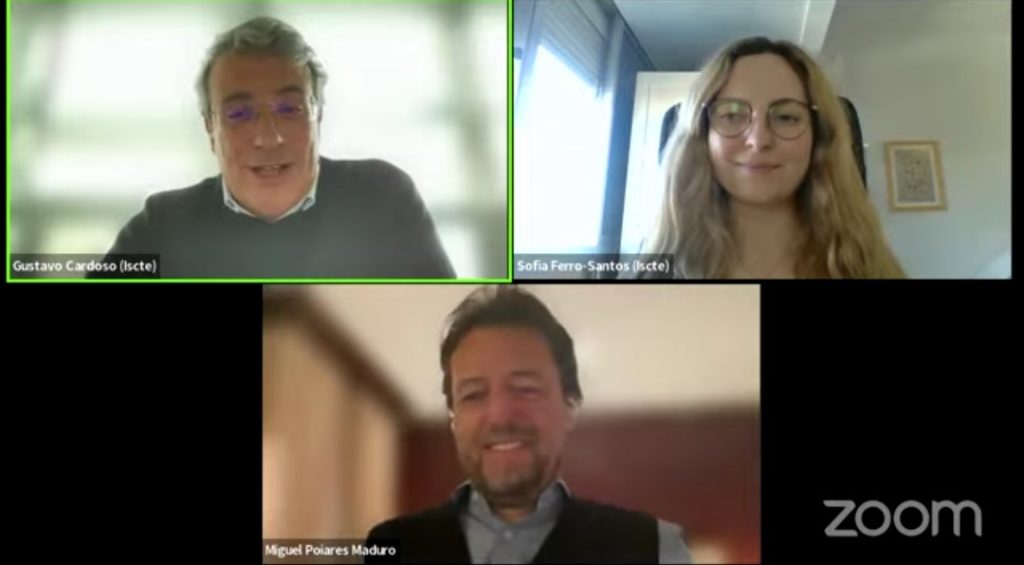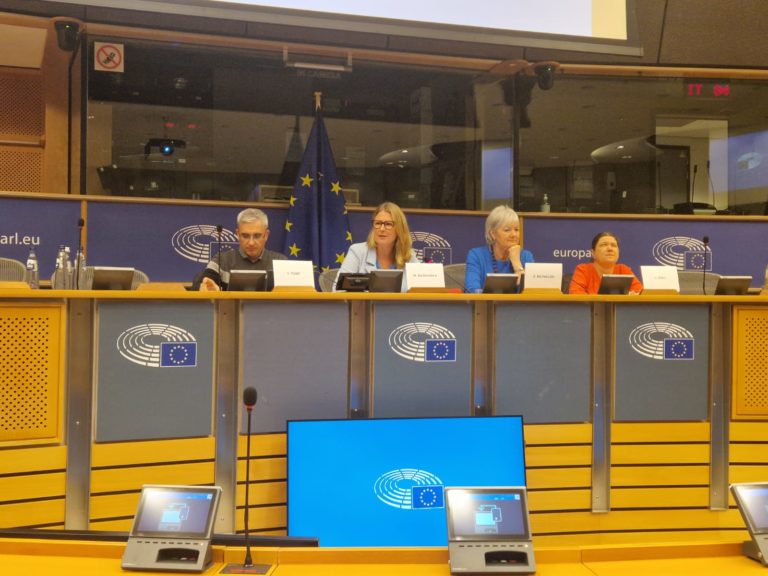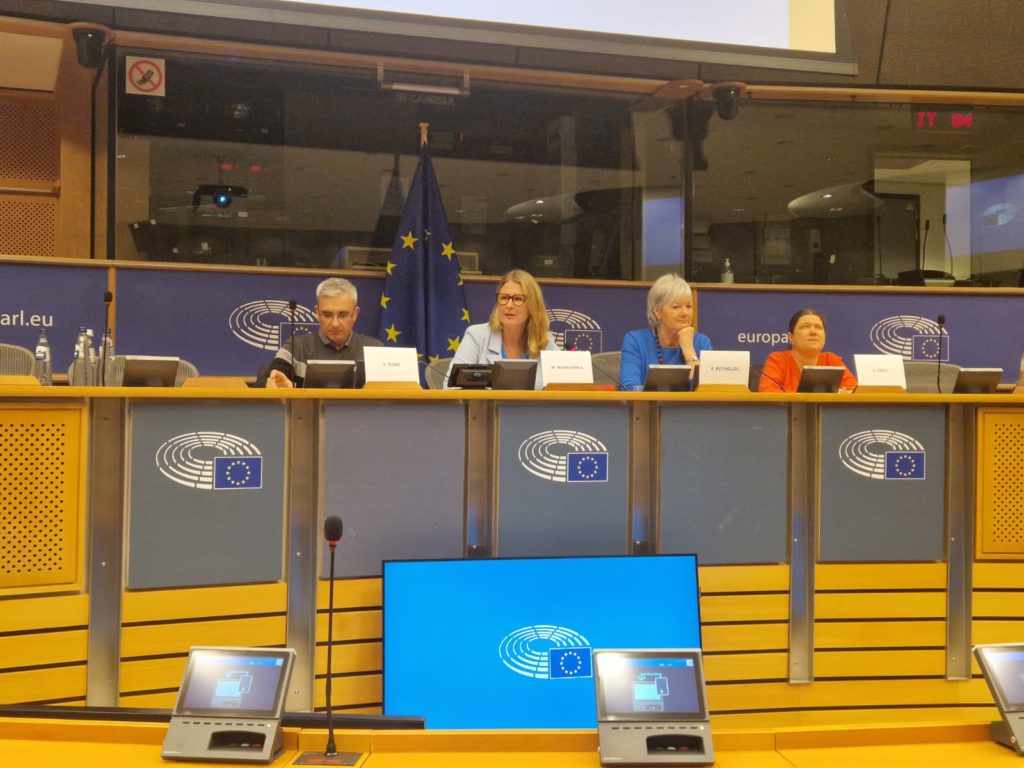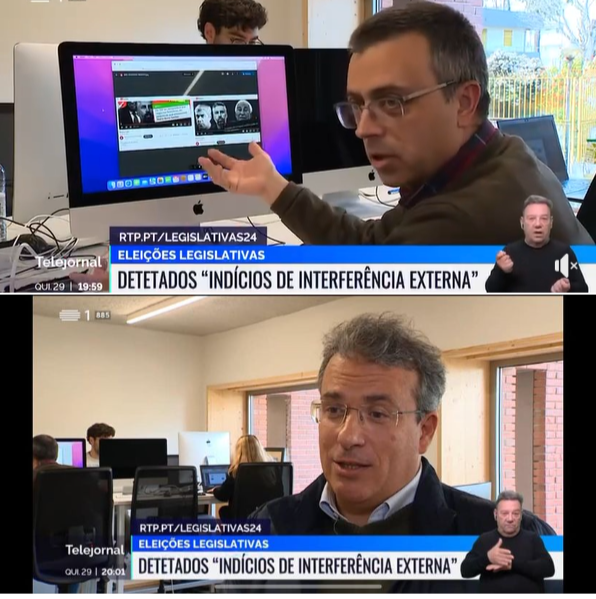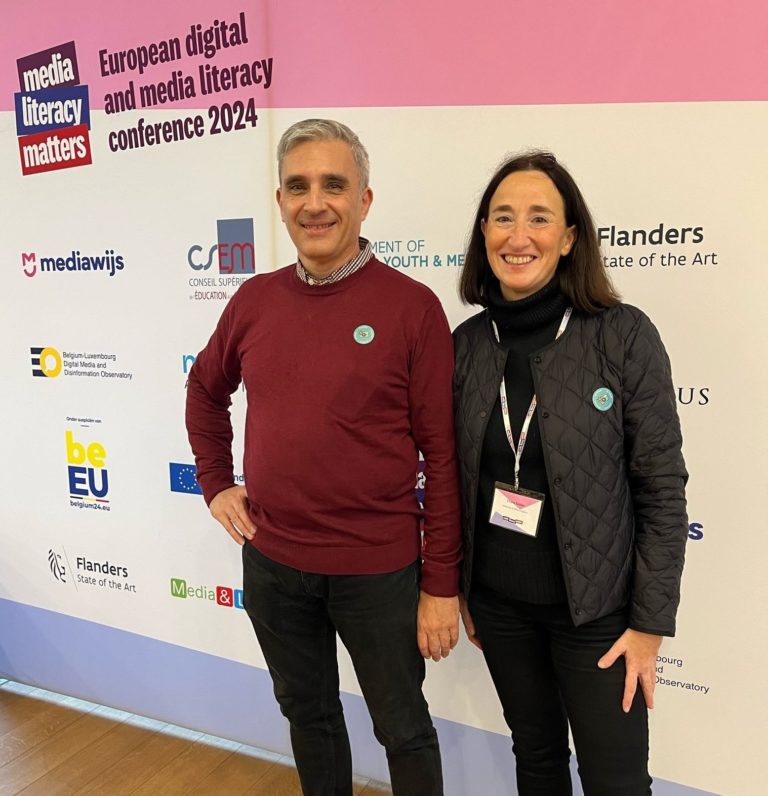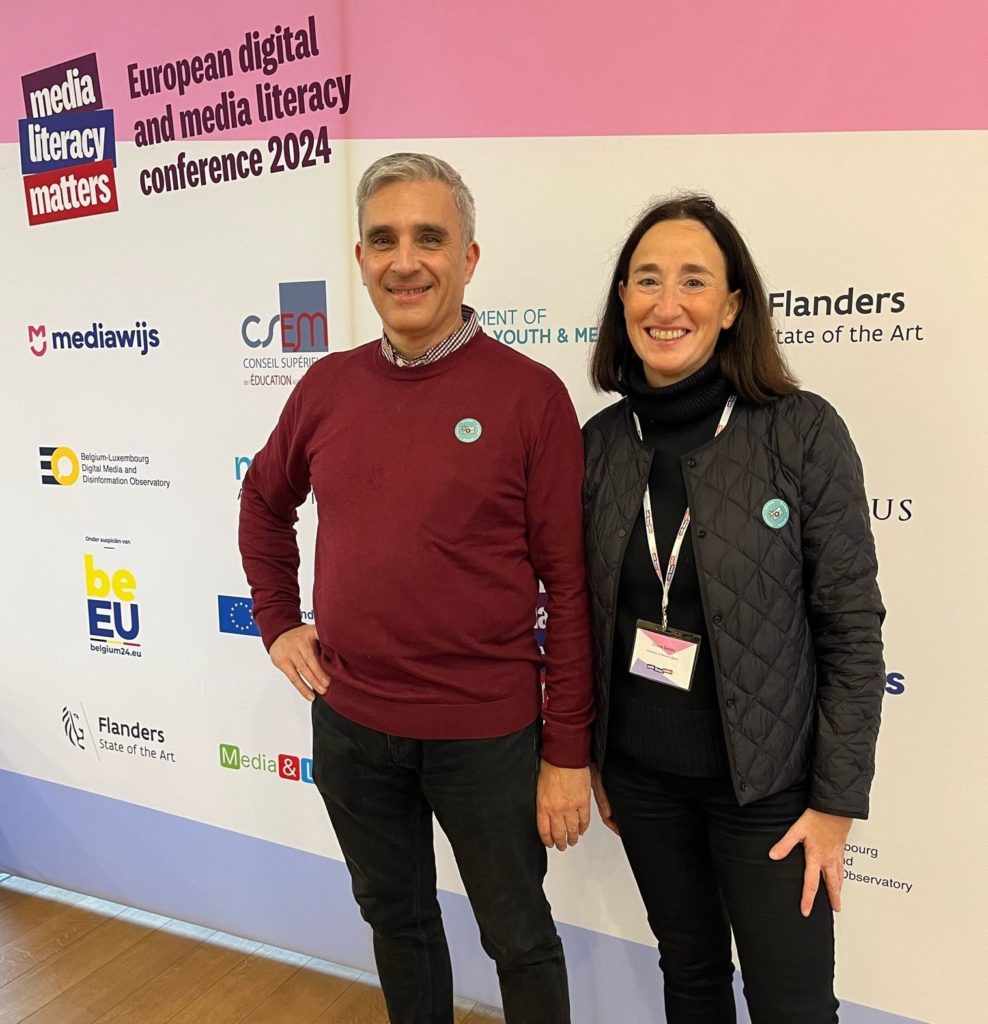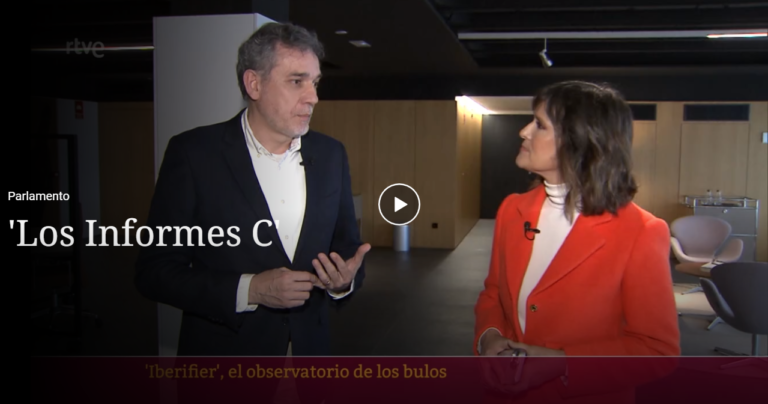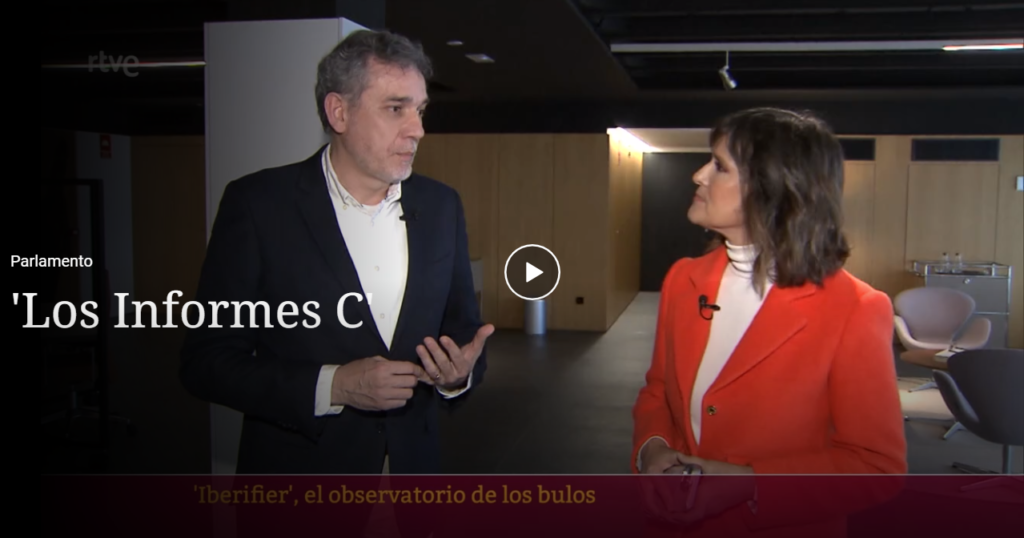In this report we conduct a systematic analysis of the matters pertaining to the spread and evolution of disinformation in Spain and Portugal, in terms of forms of consumption, platforms, narratives and permanent adaptation to unfolding events in both countries. The analysis is based on a thorough overview of IBERIFIER reports over the course of four years, third-party data sources such as the Digital News Report and EC Eurobarometer and third-party reports tackling the issues in both countries. Aside from the considerations made for Spain and Portugal, specifically, we aim also to highlight the main differentiating aspects as well as characteristics both countries have in common in order to provide the conclusions summed up below, as well as future steps for research in the field of disinformation studies in Iberian countries and elsewhere. Aside from the evident topicality of all issues surrounding mis- / disinformation creation, distribution and impact, we provide an analytical framework which considers the wider societal impact of said phenomena at a social, cultural, political, geopolitical and economic level.
Despite the fact that the theoretical setting for the study of disinformation has remained basically the same since Claire Wardle and Hossein Derakhshan’s contribution from 2017 on information disorders, subsequent contributions sustain the idea that the impacts of disinformation are far from being limited to the media, news and political spheres, having deep replications on societies at all levels, and in their polarisation. As such, this report corroborates the idea developed on previous IBERIFIER contributions: disinformation is a multidimensional phenomenon, in need of a multidisciplinary approach to its study and understanding, its mitigation is only possible through a systematic inter-institutional response, involving civic society actors, law-makers, political parties, governments, regulators and security forces (Badillo-Matos et al., 2023, Moreno-Castro et al., 2023). However, the deployment of this wide-ranging response is only sustainable if grounded on efficient and active legal frameworks which, as evidenced by IBERIFIER researchers, and when it comes to Spain and Portugal, still exist as mere adaptations of EU and EC general guidelines for member countries.
Despite the historical familiarity and affinity between both countries, there are some distinctive trends characterizing Spain and Portugal when it comes to the relationship to media and information. The similarity in terms of news media diets (high reliance in TV as a source, decaying print and radio sectors and the rise of the web, particularly social) hides a deep chasm when it comes to the way the Spanish and the Portuguese view news media in terms of trust, with Spain standing as one of the countries where people trust news the less, and Portugal as one of the most news-trusting countries in the world. Furthermore, the concern regarding disinformation on the internet is more prevalent in Portugal (about 70% of citizens claim to be concerned) when compared to Spain (about 64%) (Amoedo et al., 2023, Cardoso et al., 2023).
We also highlight the importance and concern that should be aimed at the social and demographic aspects surrounding these issues: in both countries, trust in media and the idea of journalism and news as a solution for disinformation phenomena is considerably less widespread among the younger generations, namely the 18 to 24’s, and negative behaviours around news, such as active news avoidance and loss of interest is more prevalent not only among the younger, but in particular among the poorer and the less educated, an aspect we believe is of particular impact in the potential growth of polarisation on both countries. We also recommend that not only should these issues be tackled and understood in their general meaning, they must be debated in the appropriate contemporary context in 2024, a year where more than 40 countries will go through electoral processes (including the U.S., with very well known global implications), where there are two active conflicts (Ukraine and Middle-East) and rising tension over the situation of Taiwan.
As said, in recent years disinformation has gained great visibility among citizens, becoming a serious challenge for credibility and trust in the media in Spain. In this regard, the role of news aggregators has mainly become a fundamental space for the accidental consumption of misinformation through Google’s Discover service or Microsoft’s news front page and its Edge browser. Regarding Portugal, despite historically low polarization and the absence of intentional, deliberate and widespread disinformation campaigns, there is reason for concern due to a social media landscape that is dominated by small, more radicalized parties that can adopt far-reaching strategies based on disinformation.
Finally, and as future recommendations, we suggest that forthcoming initiatives on these matters should follow a strict continuity and innovation logic. Continuity as in the:
- Adoption of psychological-social driven frameworks which subjectively frame the perception of audiences and their behaviours towards information and disinformation, and exploration of negative behavioral patterns (drop in interest for news or news avoidance).
- Thorough approaches surrounding specific events such as national and regional electoral processes, armed conflicts, etc.
- A deeper understanding of the circulation of disinformation content on social networks, from a supply and demand holistic perspective. Persistence of both multidisciplinary and multi-institutional approaches in detriment of isolated, “island”-logic approaches.
- Increased investment in media and news literacy among the population.
- Convergence on political and regulatory frameworks.
Innovation approaches based on:
- Further research on the aspects that differentiate Spain and Portugal: not only dimension-related (Eg. political, scientific, social, economic, etc.) but also event-related.
- An increased transnational approach based not only on the geographical boundaries of both countries but also on the assumption that the Spanish and Portuguese language are a unifying factor for 645 and 236 million people worldwide, respectively.
- Identify possible routes of viralisation of misinformation through different platforms mapping trends among different social media platform typologies.
- Critically and urgently develop academic research and regulatory frameworks which study and tackle the threats of Artificial Intelligence while allowing for the maximization of its benefits.

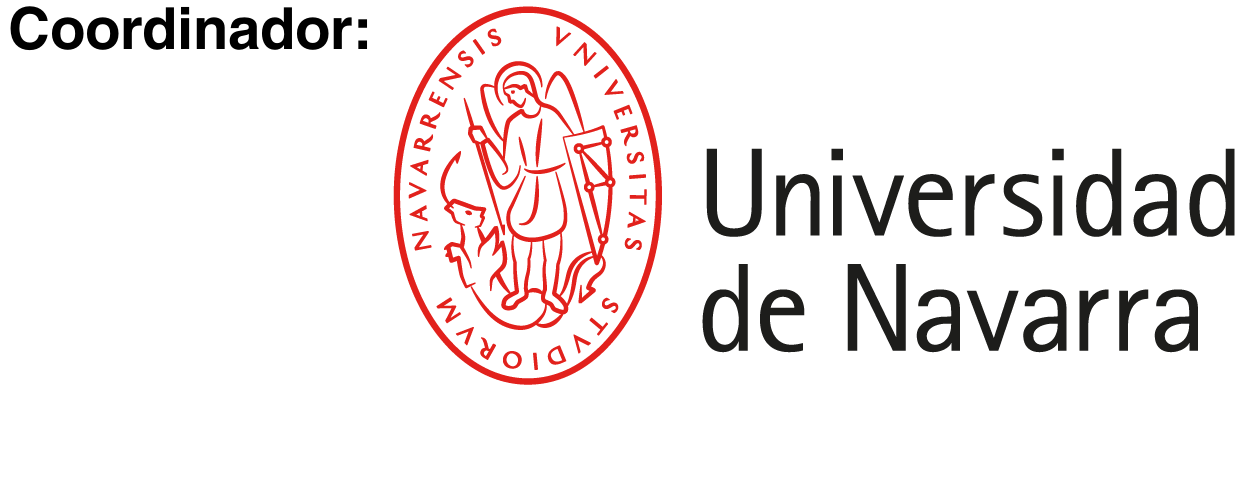


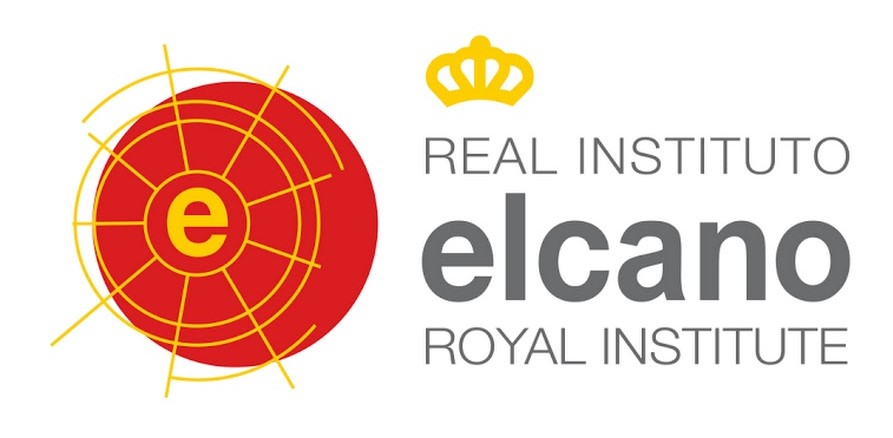
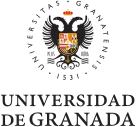







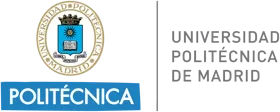






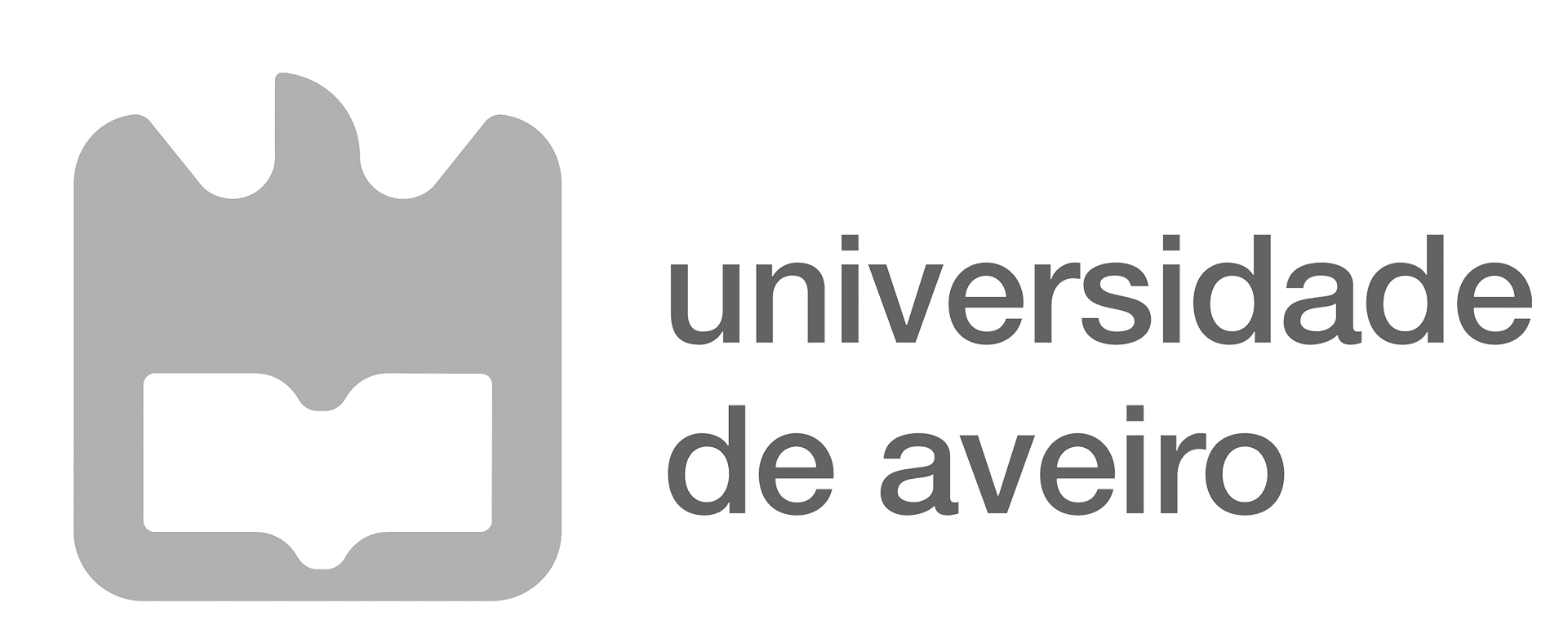




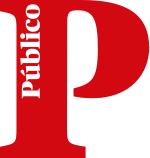
![IBERIFIER Reports – Legal and Political Aspects of Disinformation in Portugal and Spain [October 2023] IBERIFIER Reports – Legal and Political Aspects of Disinformation in Portugal and Spain [October 2023]](https://iberifier.eu/app/uploads/2023/10/ibreport4.jpg)
